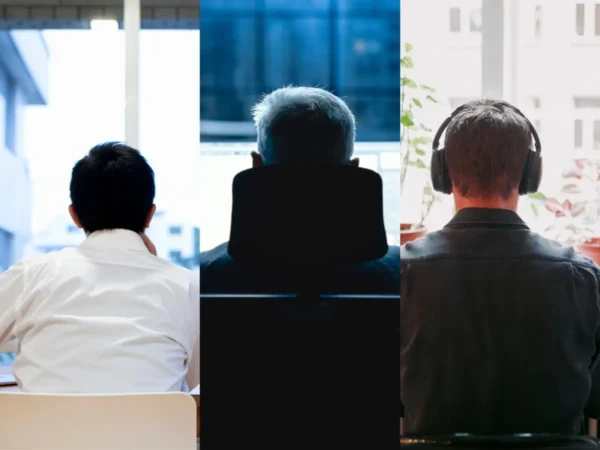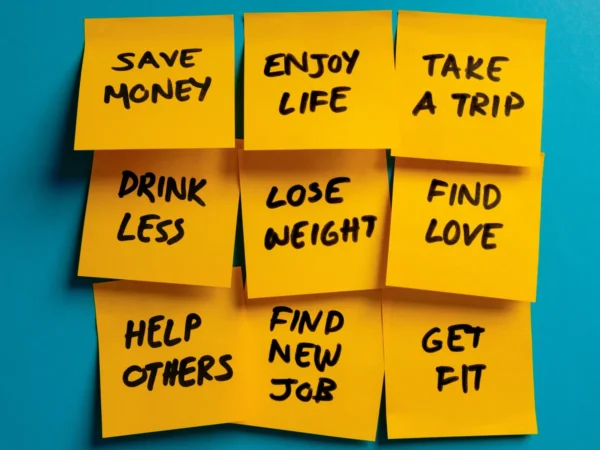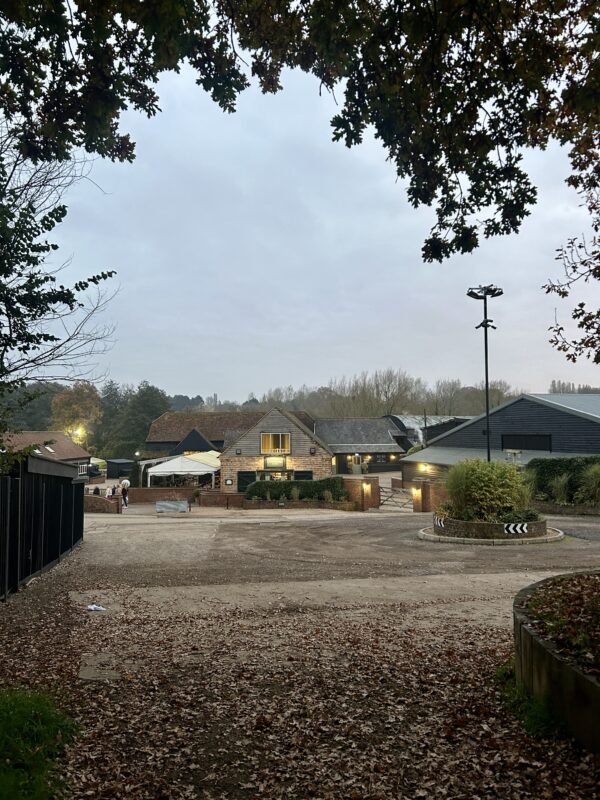
How Would World-Renowned Teachers Redesign Curricula?

Employers complain that graduates are not ready for work. Stanford University studies indicate students are overloaded and under-prepared. So exactly what should we teach young people in an age where Dr. Google has an answer for everything; humans are living longer; the traditional professions disappear while new ones are created; international mobility is drastically increasing population diversity; terrorism, environmental threats and inequality need our collective attention; and robots and gene editing are coming, requiring us to re-examine the very core of what it means to be human?
The Global Teacher Bloggers are pioneers and innovators in fields such as technology integration, mathematics coaching, special needs education, science instruction, and gender equity. C.M. Rubin Founder of CMRubinWorld asked them to reflect on these questions: Do you believe curriculum needs to be more relevant for a 21st century world? If you had the power to change the school curriculum, what would you change?
“We need to develop a generation of critical thinkers, collaborators, communicators, environmentalists and ethical IT users,” writes Rashmi Kathuria in India.
“The content of the news in the last few months, and indeed years, provides clear and loud evidence for the fact that our education system is failing,” notes Miriam Mason-Sesay, who believes “division, hatred and bigoted fearfulness are fostered seemingly unchallenged, and our education system has not prepared our youngsters to evaluate the veracity of so many claims.”
Craig Kemp in Singapore wants “more emphasis on lifelong learning skills than on curriculum content.”
He then goes on:“We need to teach our students HOW to learn and HOW to adapt to change. We need to teach them how to be empathetic in a world that is often negative and judgmental. So many real-life skills that as teachers we just don’t have time for.”
“In previous centuries, students had to build their own Google. In other words, they learned and built their own knowledge base,” writes Vicki Davis. “To expand their knowledge, they had to assemble a library and know how to find books in it. The focus was on learning. Now, it seems to be on finding. But it shouldn’t be. We need to teach people how to think.”
Elisa Guerra Cruz’s curriculum would be focused on “passion projects, aimed at gaining knowledge and abilities, but also at discovering whatever fires a student’s heart.”
“We must close the gaps that exist between our classrooms and the boardroom,” writes Nadia Lopez. “If our teachers don’t know what is required in a 21st century world beyond their classroom, how can they effectively prepare our scholars beyond their own limitations? It’s not just about having a school with the latest technology, but teaching children to solve problems, being adaptive, innovative, and accountable for their personal learning.”
The Top Global Teacher Bloggers is a monthly series where educators across the globe offer experienced yet unique takes on today’s most important topics. CMRubinWorld utilizes the platform to propagate the voices of the most indispensable people of our learning institutions – teachers.

CMRubinWorld’s Top Global Teachers are: Rashmi Kathuria, Jim Tuscano, Craig Kemp, Jasper Rijpma, Elisa Guerra, Pauline Hawkins, Maarit Rossi, Vicki Davis, Miriam Mason-Sesay, Shaelynn Fransworth, Carl Hooker, Adam Steiner, Warren Sparrow, Nadia Lopez, Richard Wells, Joe Fatheree, Kazuya Takahashi, and Abeer Qunaibi














































